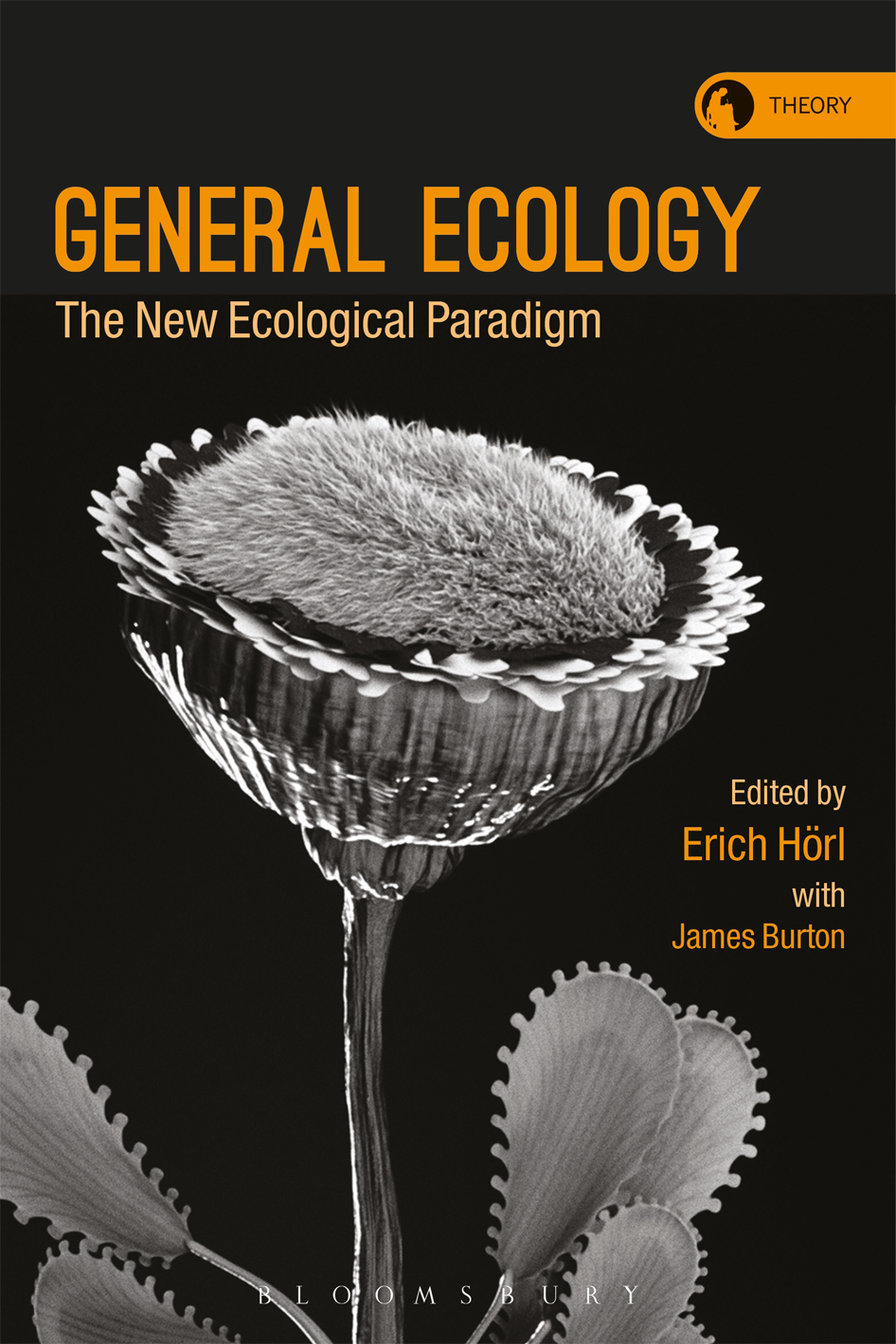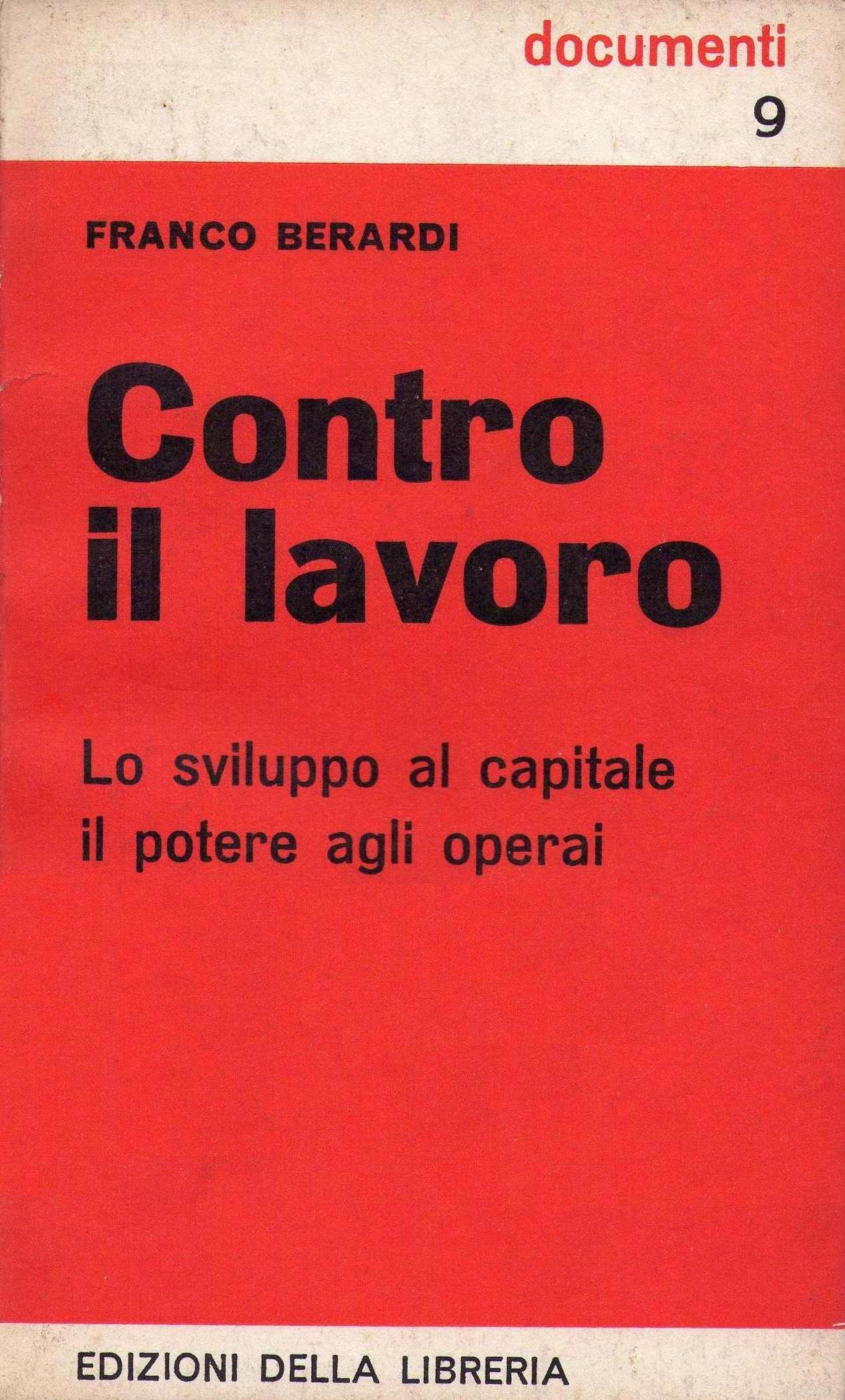Armand Mattelart, Seth Siegelaub (eds.): Communication and Class Struggle, 1: Capitalism, Imperialism (1979)
Filed under book | Tags: · aesthetics, capitalism, communication, communism, information, marxism, media, politics, socialism, theory

“Communication and Class Struggle, a two-volume work, is the first general marxist anthology of writings on communication, information and culture. Its purpose is to analyse the relationship between the practice and theory of communication and their development with the context of class struggle. Armand Mattelart and Seth Siegelaub, the editors, have selected more 128 essential marxist and progressive texts originating in over 50 countries and written since the mid-nineteenth century to explain three interrelated phenomena: (1) how basic social, economic and cultural processes condition communication; (2) how bourgeois communication practice and theory have developed as part of the capitalistic mode of production; and (3) how in the struggle against exploitation and oppression, the popular and working classes have developed their own communication practice and theory, liberated mode of communication, culture and daily life.
This first volume deals with the basic Marxist theory underlying the analysis of the communication process, as well as studies centered on the formation of the capitalist communication apparatus, ideology and ‘mass’ culture. It contains 64 texts. More than one-third are published for the first time in English, and some texts appear for the first time in any language. In addition, it includes an extensive bibliography with over 500 books on the subject.”
Publisher International General, New York, and International Mass Media Research Center (IMMRC), Bagnolet, 1979
ISBN 0884770117, 9780884770114
445 pages
PDF (37 MB, updated to OCR’d version on 2017-10-30 via Memory of the World)
See also Volume 2.
Erich Hörl, James Burton (eds.): General Ecology: The New Ecological Paradigm (2017)
Filed under book | Tags: · affect, anthropocene, biopolitics, capitalism, cybernetics, ecology, general ecology, life, nature, philosophy, systems theory, theory

“Ecology has become one of the most urgent and lively fields in both the humanities and sciences. In a dramatic widening of scope beyond its original concern with the coexistence of living organisms within a natural environment, it is now recognized that there are ecologies of mind, information, sensation, perception, power, participation, media, behavior, belonging, values, the social, the political… a thousand ecologies. This proliferation is not simply a metaphorical extension of the figurative potential of natural ecology: rather, it reflects the thoroughgoing imbrication of natural and technological elements in the constitution of the contemporary environments we inhabit, the rise of a cybernetic natural state, with its corresponding mode of power. Hence this ecology of ecologies initiates and demands that we go beyond the specificity of any particular ecology: a general thinking of ecology which may also constitute an ecological transformation of thought itself is required.
In this ambitious and radical new volume of writings, some of the most exciting contemporary thinkers in the field take on the task of revealing and theorizing the extent of the ecologization of existence as the effect of our contemporary sociotechnological condition: together, they bring out the complexity and urgency of the challenge of ecological thought-one we cannot avoid if we want to ask and indeed have a chance of affecting what forms of life, agency, modes of existence, human or otherwise, will participate-and how-in this planet’s future.”
With texts by Erich Hörl, Luciana Parisi, Frédéric Neyrat, Bernard Stiegler, Didier Debaise, Jussi Parikka, Bruce Clarke, Cary Wolfe, David Wills, James Burton, Elena Esposito, Timothy Morton, Matthew Fuller and Olga Goriunova, and Brian Massumi.
Publisher Bloomsbury Academic, London/New York, 2017
ISBN 9781350014695, 1350014699
xv+384 pages
Franco Berardi: Contro il lavoro: lo sviluppo al capitale il potere agli operai (1970) [Italian]
Filed under book | Tags: · autonomy, capitalism, ideology, labour, work

“Questo lavoro vuole essere un primo tentativo di costruire sia pure in modo tutto provvisorio, tutto legato alla insorgenza di nuove possibilità ed indicazioni anche teoriche, una impostazione che, partendo dal punto di vista capitalistico, dalla demistificazione dell’ideologia, della scoperta, al di sotto dell’ideologia, dello sviluppo reale del capitale, giunga a decifrare in termini di progetto strategico l’emergenza dei livelli di composizione operaia.
Tutto quello che vi è in questo saggio manifesta la sedimentazione progressiva di ipotesi e linee teoriche legate a situazioni che oggettivamente crescono: e non si può fissare un livello in modo astratto, come ottimale; ma la linea strategica, per non trasformarsi in ideologia, va vista come articolazione teorica del livello pratico delle lotte, che cresce col loro crescere, e non si ferma e fissa ad un livello ottimo. In questo senso i dislivelli (percepibili persino nel linguaggio) rappresentano la crescita di un discorso come articolazione teorica della crescita pratica delle lotte dell’autonomia, dell’organizzazione.”
Publisher Edizioni della Libreria, Milan, 1970
161 pages
via Silvio
PDF (30 MB)
Internet archive (version cleaned by Grafton9, added on 2017-9-6)

